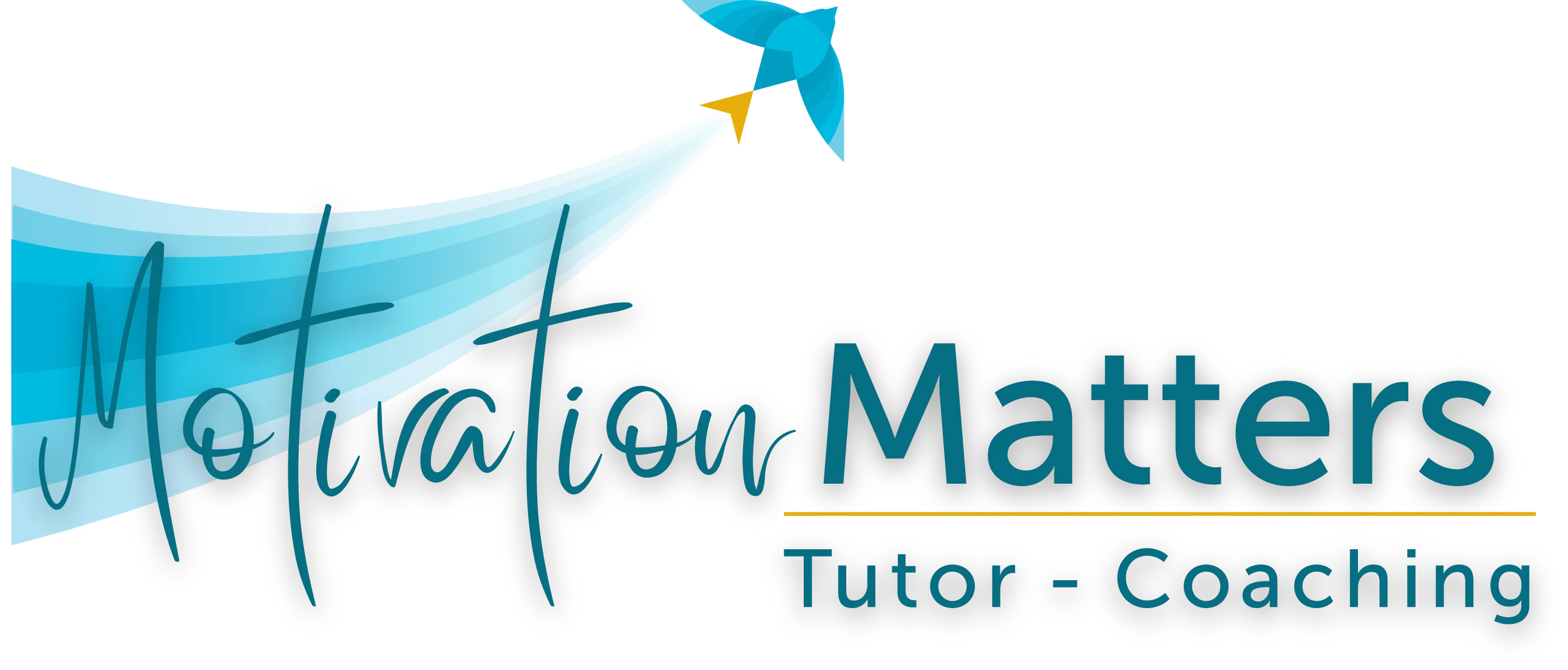“If I had six hours to chop down a tree,
I’d spend the first four hours sharpening the axe.”
– Abraham Lincoln (1809-1865) American politician & 16th President

“Are we there yet?” The impatience, the anticipation of the rewards and pleasures is, at first, delightful. It signals good choices made. But, with repetition it’s very irritating!
We see that everywhere. Workers want promotions, students want grades and degrees, people want connections – all quickly, if not now. It’s even become a cultural brag of multi-taskers who claim faster results by doing two things at once. While sometimes that works – like combining physical activities with social times – two intellectuals don’t.
Why not? The brain can’t process two verbal messages at one time. So that person watching TV won’t hear your request unless s/he turns and gives you 100% attention. And, as students who cram know, busy and fast is not always effective. But it sure is hard and stressful.


Working smart is a cliché that’s getting a well-deserved face lift. It’s not about speeding up. It’s about thoughtful choices that increase quality and decrease costs. And it’s quicker, because it streamlines everything. Planning is one way to do that. Many people are surprised that preparation time reduces work time. That’s as true for mind tasks as it is for tree chopping.
Here are a few ways to prep and save:
- Identify what’s a distraction or a time waster. Fix those and the job will go smoothly quicker.
- Jot down a to-do list. List making promotes thought without the pressure of task doing.
- Prioritize your to-do list. Avoid the should’s that eat up time. Focus on what brings you lasting benefits.


- State your intentions before you start. Don’t let the mind meander around looking for what to do. It works faster with clear directions.
- Up the energy. Clarify what the rewards will be and imagine having them. Promising yourself a pleasure can gas up your mind to go!
So when you work smart, the “please go faster” desire turns into efficiency!
Don’t miss a single IN-Powering© article!
Sign up for our newsletter to stay up to date on all things MMTC.
Don’t miss a single IN-Powering© article!
Sign up for our newsletter to stay up to date on all things MMTC.

